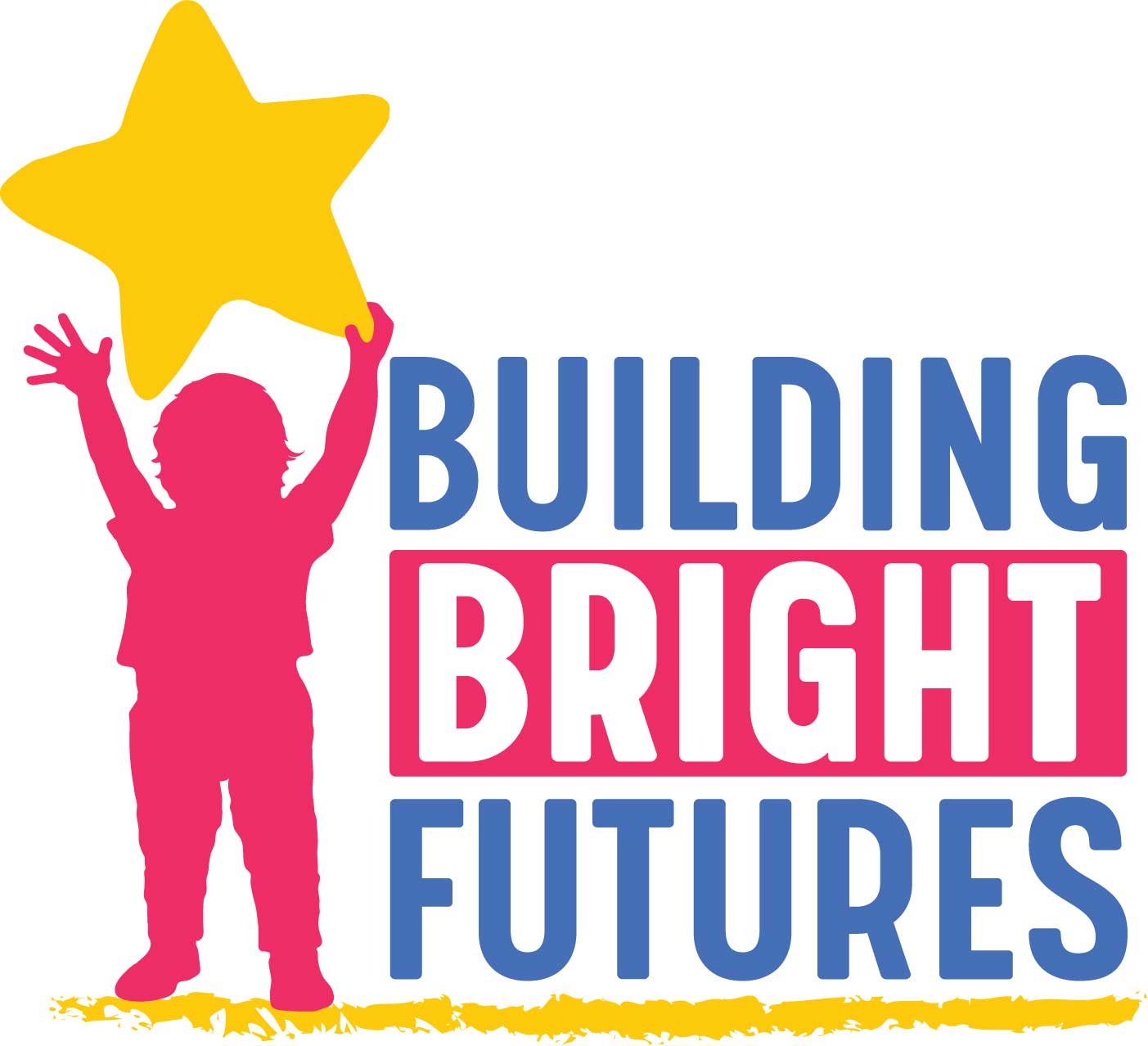The February SAC meeting kicked off with organizational updates on the Executive Director Hiring Process and term limits for the council Co-Chairs. In March, the SAC will vote on a new public Co-Chair.
BBF is laying the groundwork to facilitate an update to Vermont’s Early Childhood Action Plan (ECAP). We are assembling a working group to lead the process and work with the ECAP Committees on revisions. The working group will also ensure that the ECAP is aligned with other plans and documents such as the State Health Improvement Plan and the Vermont Guiding Principles for the Full Participation of Each and Every Child and their Family in Early Childhood Settings.
The council then reviewed the 2018 Vermont Early Care and Learning Household Survey, conducted by the National Opinion Research Center at the University of Chicago. Commissioner Reeva Murphy of the Child Development Division led a review of key findings of the survey, looking at parents’ work schedules, use of child care (center-based, in home, paid and unpaid), costs paid, and hours used. The group had a robust discussion about the findings that examined affordability of care, the Child Care Financial Assistance Program (CCFAP), and use of home-based and/or center-based care. The discussion also included an examination of discrepancies between what other data says about Vermont’s families and their need for child care, and what this study suggests.
The SAC dedicated a significant portion of this meeting to a discussion of one of its key priority areas for 2019: early childhood and family mental health. We started with a data review of key indicators including the number of young children served in the Designated Mental Health Agencies (DAs) around the state and rate of children in protective custody. In addition to what the data trends tells us, we know from consistent anecdotal evidence that the DAs are seeing a sharp rise in acuity of cases among young very children.
The data are being influenced by many factors. Children’s struggles come from many places, including substance use in the home, social isolation, poverty, and homelessness. Providers also see a lot of generational trauma.
The council heard from staff at several local Designated Mental Health Agencies about the spectrum of services and supports they offer to young children and their families. These ranged from whole-population promotion and prevent efforts, cross-sector training for adults who support young children, and targeted family therapies and interventions. One key takeaway was that that vast majority of mental health services are not provided on site at the DAs, but more often in the home, or in collaboration with community partners, including schools, child care programs, and pediatric offices.
The council explored challenges including recruiting and retaining mental health professionals, caseloads that don’t take into account the acuity of cases, and the need to address mental health with families earlier- as close to conception as possible- to help address issues before a family is in crisis. Universal supports for healthy social and emotional development provided by Early Multi-Tiered Systems of Support (Early MTSS) are another key to turning the curve.
As we closed this initial conversation, there was an acknowledgement that the data available on children’s mental health is not sufficient to fully understand the situation. There are some data improvements underway, but there is no real way to measure the acuity issue. It was also suggested that at least one strengths-based measure (such as number of children flourishing) should be considered when deciding how we measure success.
At their March 25th meeting, the State Advisory Council will be building on this discussion to identify possible council actions in the coming year that would support and improve our systems of early childhood and family mental health.





